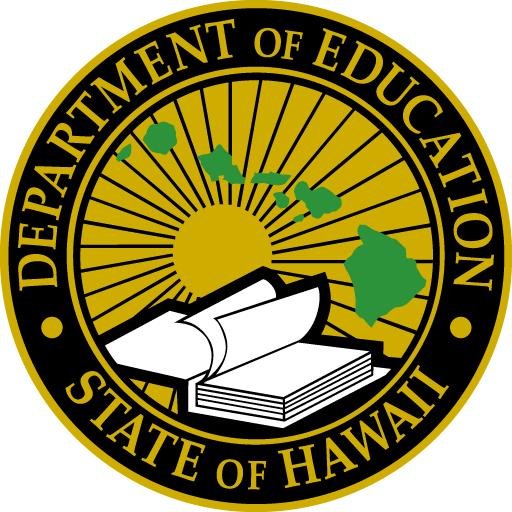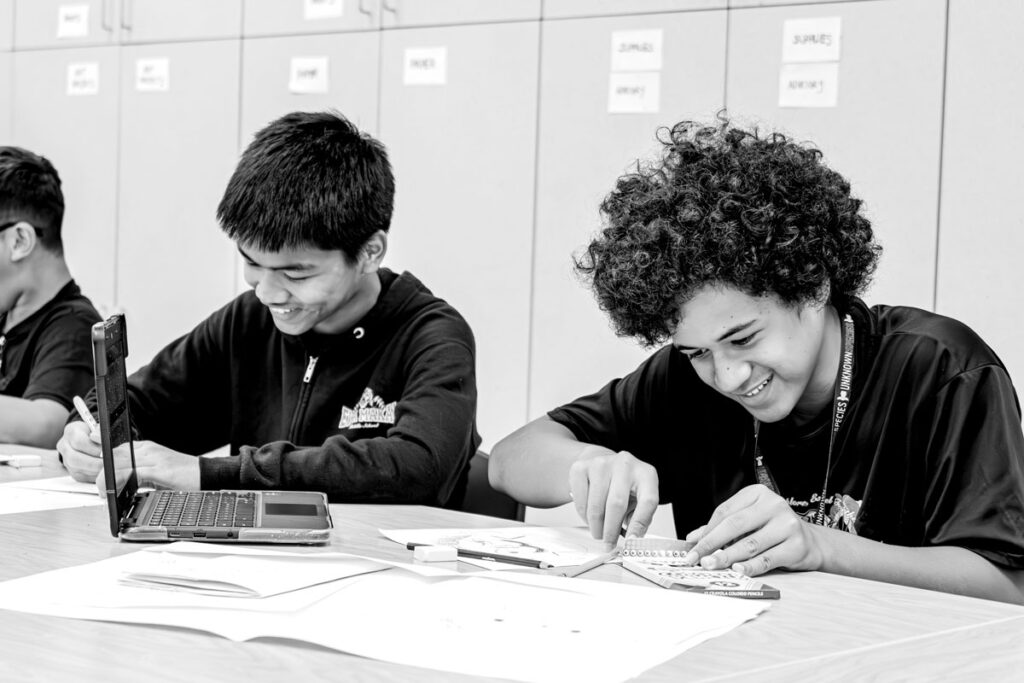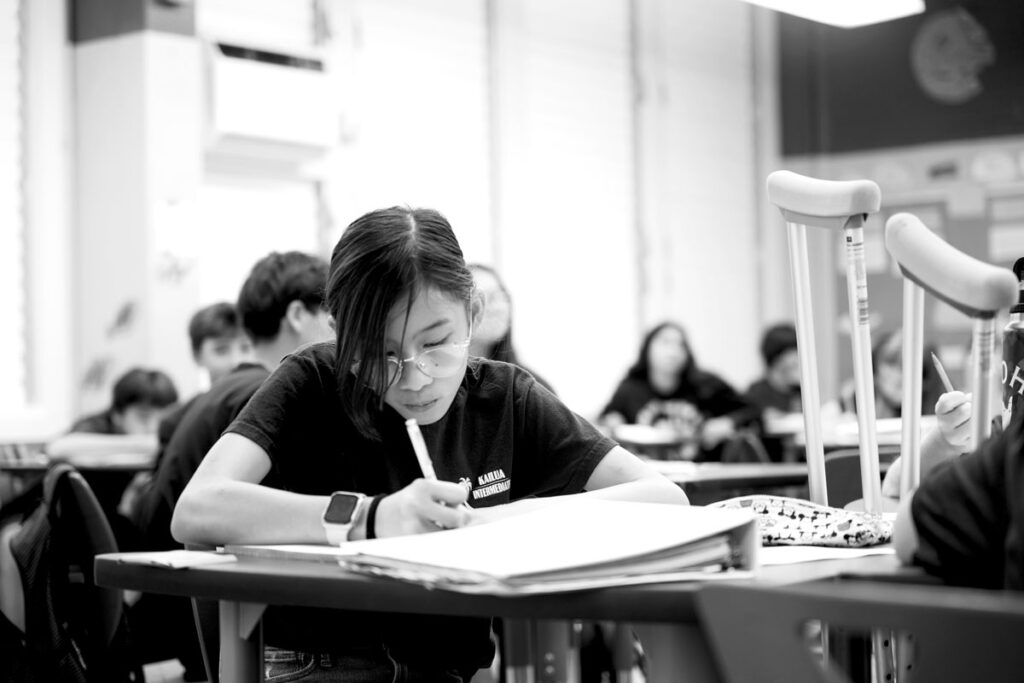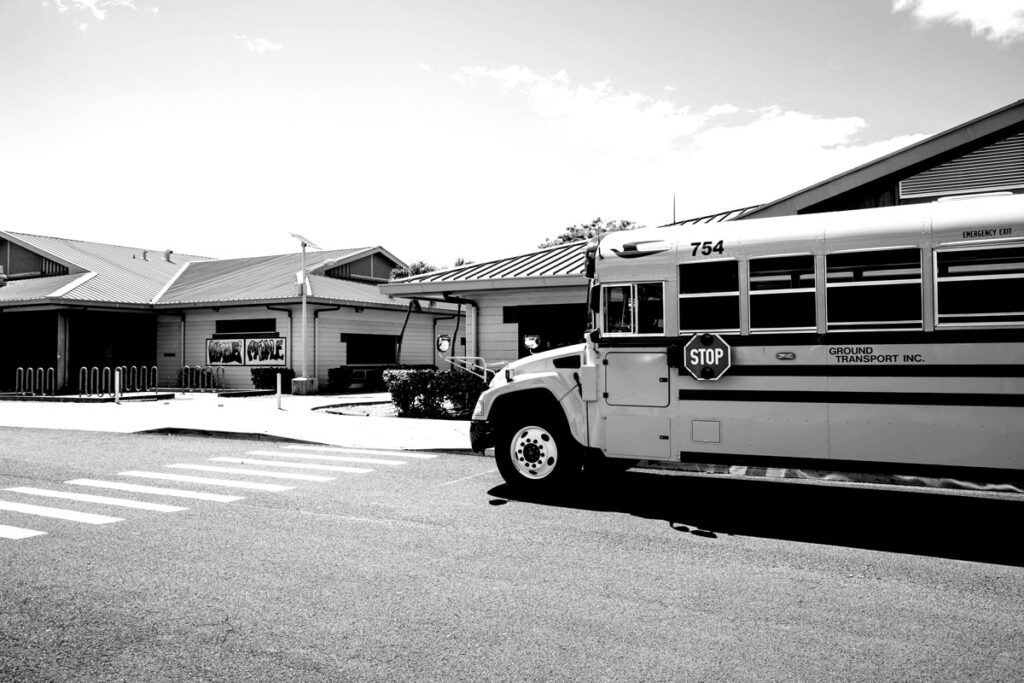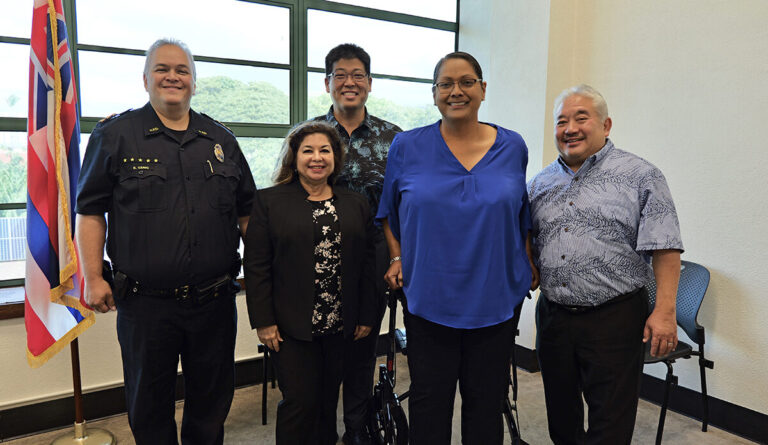How to Enroll
Enrolling in Hawaiʻi’s public schools is a straightforward process that involves determining school eligibility, preparing required documents, and completing an application either online or in person.
Find Your School
We are committed to providing a high-quality education for all students and we look forward to welcoming your child to our school system. Learn how to determine your school through the SchoolSite Locator App.
Ride the Bus
The Department provides bus service in neighborhoods around the islands to ensure broad access to educational opportunities for Hawaiʻi’s students and serves about 25,000 student riders across the state.
News & Events
What’s Happening
-
02/09/2026 02/13/2026Institute Day (Date for each island TBD)
-
02/16/2026HOLIDAY: Presidents' Day
Schools and state offices are closed.
-
03/13/2026End of Quarter 3
-
03/16/2026 03/20/2026Spring Break
-
03/26/2026HOLIDAY: Prince Jonah Kūhiō Kalanianaʻole Day
Schools and state offices are closed.
-
04/03/2026HOLIDAY: Good Friday
Schools and state offices are closed.
-
05/25/2026HOLIDAY: Memorial Day
Schools and state offices are closed.
-
05/28/2026End of Quarter 4, Semester 2
-
05/28/2026Last Day for Students
-
05/29/2026Last Day for Teachers
-
06/11/2026HOLIDAY: King Kamehameha I Day
Attend Today
Achieve Tomorrow
Students who consistently attend school are more likely to achieve academic excellence, develop strong social skills, and cultivate a lifelong love of learning. By being present in the classroom, students gain access to a world of knowledge and develop the confidence to reach their full potential.
Job Opportunities
Make a Real Difference
Year-round, we hire dedicated teachers, educational specialists and staff to foster equity and excellence in our public schools. We seek talented, skilled and passionate professionals who will help bring the Department’s Strategic Plan to life.
SIGN UP FOR THE HOʻOHAʻAHEO NEWSLETTER
Stay informed on the latest news, stories and events from Hawai‘i public schools!
